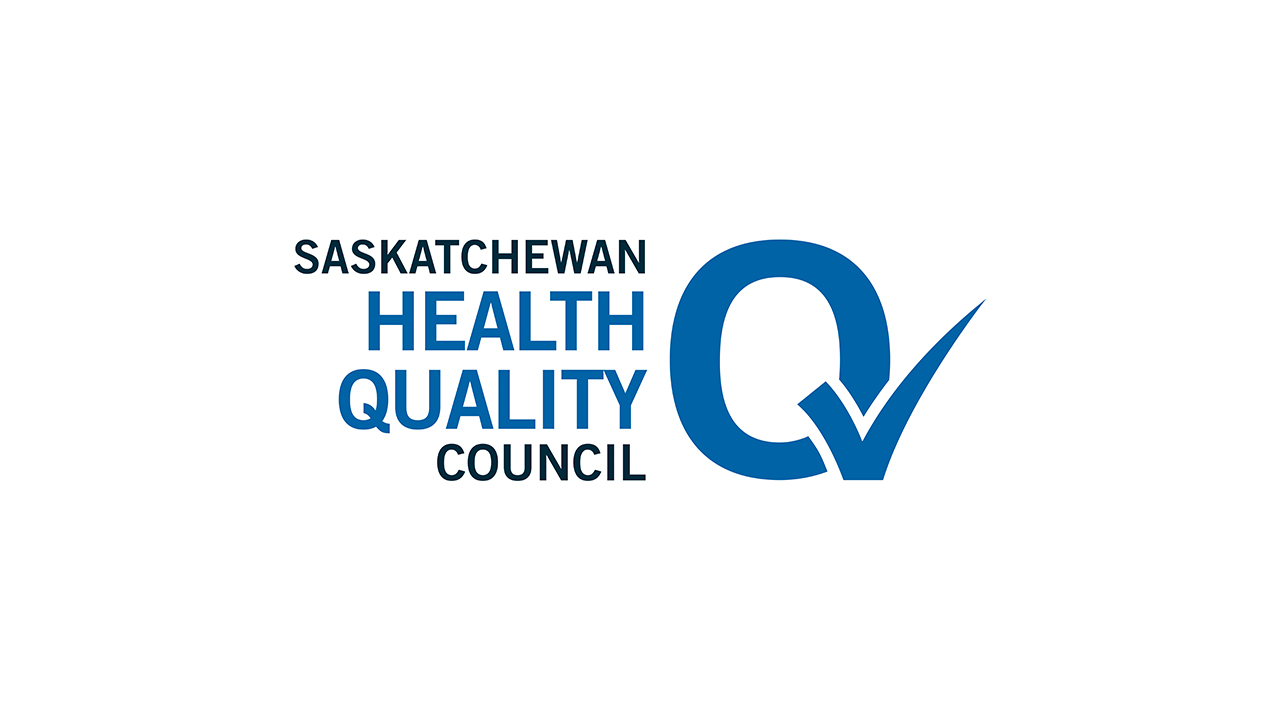A team that includes two Health Quality Council (HQC) researchers has received funding for a project that will examine the characteristics of people who are frequently accessing health care services as a result of mental health and addictions issues.
The project has been awarded a Quick Strike grant for more than $80,000 through the Strategy for Patient-Oriented Research (SPOR) Network in Primary and Integrated Health Care Innovations (PIHCI). Funding is provided in partnership between the Canadian Institutes of Health Research (CIHR), the Saskatchewan Ministry of Health, and the Ontario Ministry of Health and Long-Term Care.
The project includes researchers from Saskatchewan and Ontario. In Saskatchewan, HQC senior researcher Dr. Jacqueline Quail is the principal investigator and played a lead role in putting together the grant application. The Saskatchewan team also includes HQC CEO Dr. Gary Teare and researchers from the University of Saskatchewan, Saskatoon Health Region, and the Ministry of Health. Patients and clinicians are involved in the project.
“Once health system utilization is identified, it becomes easier to determine which services are being over- and underutilized by this patient group. We can better assess the costs to the health system and create a plan to address the needs of this patient population that enhances patient satisfaction and is cost effective,” said Quail.
“A person with a mental health or addictions issue could be treated with a variety of interventions, with many of these interventions being more appropriate and less costly than Emergency Department visits and hospitalizations.”
As part of the research, diagnostic codes in administrative health data available at HQC will be used to identify doctor or Emergency Department visits or hospitalizations due to a mental health and addictions (MHA) issue. The costs of health services utilization during the last five years will be classified as low-cost (lowest 50% of MHA users), moderate cost (50 -<90 %), high cost (90%+) and super high cost (95%+).
Quail said the research has real life implications and could assist in finding more appropriate and more cost-effective treatments for patients with mental health and addictions issues. HQC’s expertise in using administrative health data will play a key role in this research.

Jacqueline Quail is a senior researcher at HQC
Quail said early hotspotting work at HQC identified three areas that the health system should focus on to have the biggest impact on quality of health care services and associated cost savings. The first area is elderly patients in hospital who don’t require acute care services but who have nowhere else to go while waiting for a bed in a long-term care facility.
“Intervention here can yield the most patient benefit and cost savings,” she said.
“The second area is medical harm. These are people who are in hospital for any variety of reasons and something bad happens as a result of health care interventions – typically a hospital-acquired infection or mechanical failure of a surgical implant. This area was selected for intervention because it is the most preventable.
“Mental health and addictions was chosen because it is an area where there are high costs to the system, and where many evidence-based treatments exist, but we are not certain that everyone is getting access to the supports and services that they need.”
The findings of the research project will be used as part of the final evaluation of two hotspotting pilot projects, and will inform next steps. The two pilots, currently underway in Regina and Saskatoon, are part of Connecting to Care, a provincial hotspotting initiative that aims to better serve patients with complex health issues who repeatedly need hospital services or visit Emergency Departments. Connecting to Care provides more coordinated, accessible, and appropriate health services to these patients, and is expected to improve the sustainability of the health care system over time. The Regina pilot focuses on patients with chronic health conditions and the Saskatoon pilot focuses on patients with mental health and addictions issues.
According to CIHR, Canada’s Strategy for Patient-Oriented Research (SPOR) is “about ensuring that the right patient receives the right intervention at the right time,” with the objective “to foster evidence-informed health care by bringing innovative diagnostic and therapeutic approaches to the point of care, so as to ensure greater quality, accountability, and accessibility of care.” The SPOR Network in Primary and Integrated Health Care Innovations is intended to serve as a bridge from research to front-line implementation.
CIHR Quick Strike projects must be completed within a 12-month period, and initial research results from the project are expected in January 2016. The final results are expected in May 2016, with the publication of the results and knowledge translation activities to follow and to be completed prior to Aug. 31, 2016.
The project collaborators include:
- Dr. J. Quail, Health Quality Council
- Ms. M. Baker, Saskatchewan Ministry of Health
- Dr. C. Neudorf, Saskatoon Health Region
- Dr. W. Wodchis, University of Toronto
- Dr. C. de Oliveira, Centre for Addiction and Mental Health/University of Toronto
- Mr. S. Court, Ontario Ministry of Health and Long-Term Care
- Ms. S. Pigott, Chair, Ontario Mental Health and Addictions Leadership Advisory Council
- Dr. J. Hensel, Women’s College Hospital and University of Toronto
- Dr. G. Teare, Health Quality Council
- Dr. N. Muhajarine, University of Saskatchewan
- Dr. S. Vigod, Women’s College Hospital and University of Toronto



